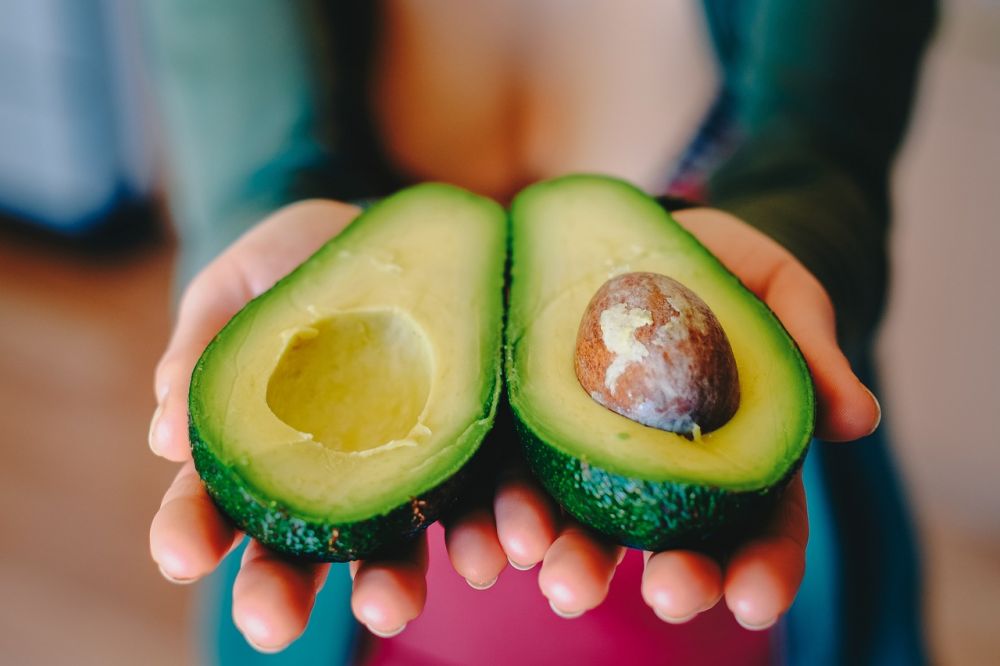Juice Diet: A Comprehensive Guide to Rejuvenate Your Body and Mind

Introduction:
In today’s world, where stress and unhealthy lifestyle choices have become the norm, people are constantly in search of effective ways to improve their health and well-being. One popular trend that has emerged in recent years is the ”juice diet.” This article aims to provide a thorough overview of the juice diet, including its types, popularity, and quantitative measurements, while also discussing the differences between various juice diets and presenting a historical analysis of their pros and cons.
1. A Detailed Overview of Juice Diet:

The juice diet, also known as juicing or juice fasting, is a dietary practice that involves consuming predominantly or solely freshly extracted fruit and vegetable juices for a certain period. This practice aims to flood the body with vitamins, minerals, and antioxidants, thus giving it a much-needed detoxification and rejuvenation. Juice diets have gained popularity due to their potential benefits, such as weight loss, increased energy levels, improved digestion, and enhanced complexion.
2. Types and Popularity of Juice Diet:
There are several types of juice diets available, each with its own approach and focus. The most popular ones include:
a) Full Juice Cleanse: This type involves consuming only freshly squeezed juices for a specific duration ranging from a few days to several weeks.
b) Juice Plus Solid Meals: This variation allows individuals to incorporate solid fruits, vegetables, and lean proteins along with juices, providing a more balanced approach.
c) Juice Detox: It involves a short-term juice cleanse designed to eliminate toxins from the body without compromising nutritional intake.
Juice diets have gained immense popularity among health enthusiasts, celebrities, and those seeking quick fixes for weight loss. The ease of access to juicing recipes and the availability of pre-packaged juice cleanses have further contributed to their growth in popularity.
3. Quantitative Measurements of Juice Diet:
When it comes to measuring the effectiveness of a juice diet, quantitative data can help provide a concrete understanding. Some key metrics to consider include weight loss, improvements in biochemical markers, and overall well-being. Several studies have shown that juice diets can lead to significant weight loss, reduction in blood pressure, improved lipid profiles, and increased antioxidant status. However, it is important to consult with a healthcare professional before embarking on any dietary changes.
4. Differentiating Juice Diets:
Despite their common goal of rejuvenating the body through juice consumption, various juice diets differ in terms of their ingredients, duration, and intensity. Some may focus on specific health concerns like detoxification or weight loss, while others may emphasize overall wellness or nutrient intake. It is crucial for individuals to understand these differences and choose a juice diet that aligns with their goals and capabilities.
5. Historical Analysis of Pros and Cons:
Over the years, juice diets have garnered both praise and criticism. Proponents argue that juice diets offer a convenient way to increase fruit and vegetable consumption, provide a nutrient-rich detox, and improve overall health. On the other hand, critics point out potential drawbacks such as nutrient imbalances, insufficient protein intake, and the potential rebound effect after completing the diet. Understanding the historical context of these pros and cons will help individuals make informed decisions about incorporating juice diets into their lifestyles.
Conclusion:
In conclusion, the juice diet has emerged as a popular trend for rejuvenating the body and mind. With its various types, including full juice cleanses, juice plus solid meals, and juice detoxes, individuals have the flexibility to choose an approach that suits their goals and preferences. While quantitative measurements showcase the potential benefits of juice diets, it is essential to acknowledge the differences between them to ensure the right fit. By considering the historical perspectives and weighing the pros and cons, individuals can make informed choices when incorporating juice diets into their lives. So, why not take a step towards a healthier you and explore the world of juice diets today?
()
(H2) 1. A Detailed Overview of Juice Diet
– Explanation of juice diet and its purpose
– Benefits of juice diet: weight loss, increased energy, improved digestion, enhanced complexion
(H2) 2. Types and Popularity of Juice Diet
– Full Juice Cleanse
– Juice Plus Solid Meals
– Juice Detox
– Popularity among health enthusiasts, celebrities, and convenience of access
(H2) 3. Quantitative Measurements of Juice Diet
– Metrics: weight loss, biochemical markers, overall well-being
– Studies showing positive effects on weight loss, blood pressure, lipid profiles, antioxidant status
(H2) 4. Differentiating Juice Diets
– Ingredients, duration, and intensity variations
– Focusing on health concerns, wellness, or nutrient intake
(H2) 5. Historical Analysis of Pros and Cons
– Advantages: increased fruit and vegetable consumption, nutrient-rich detox, improved health
– Disadvantages: nutrient imbalances, insufficient protein, rebound effect
(Conclusion) The significance of informed decision-making and embracing juice diets as a part of a healthier lifestyle choice.











